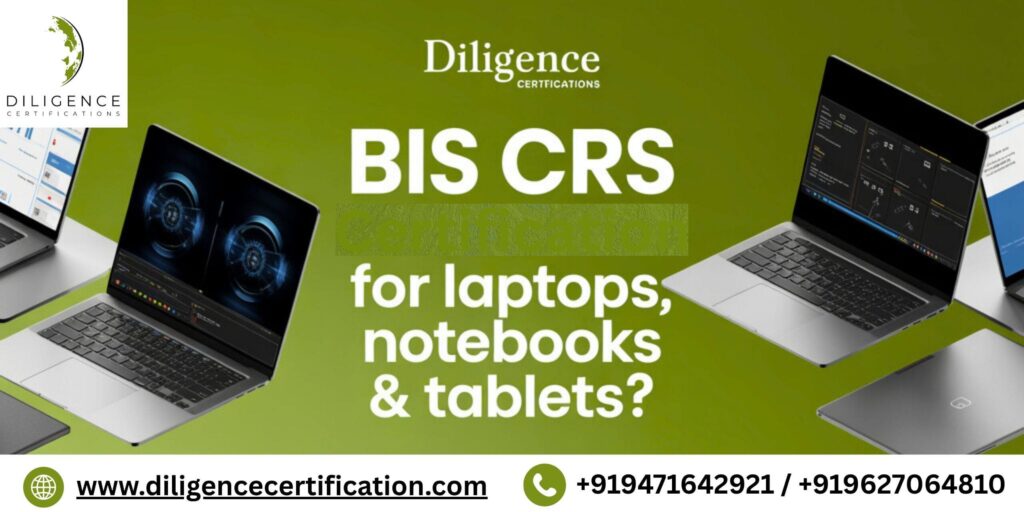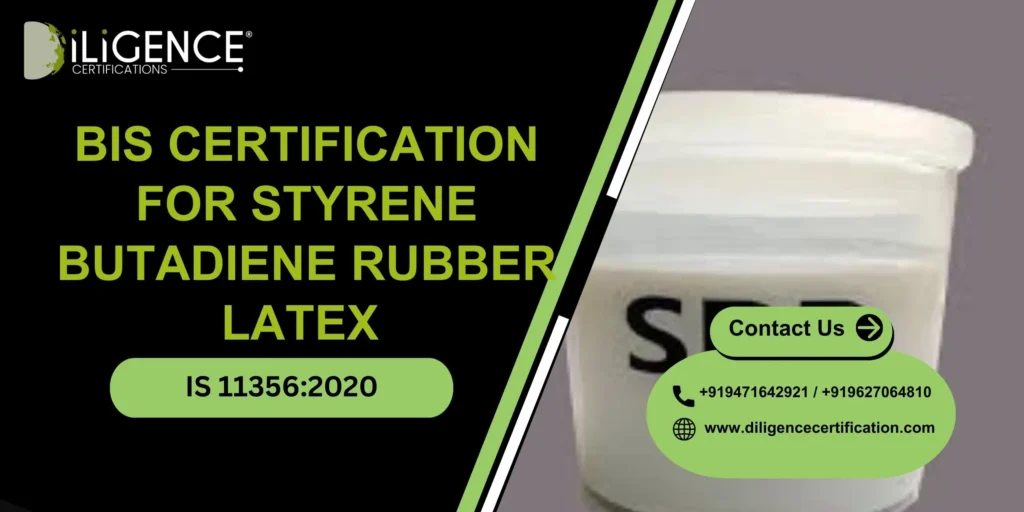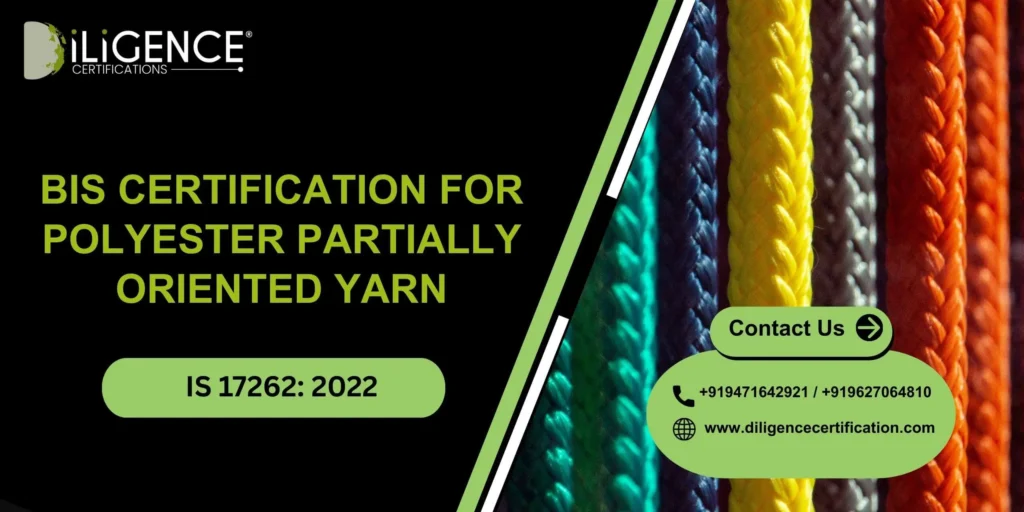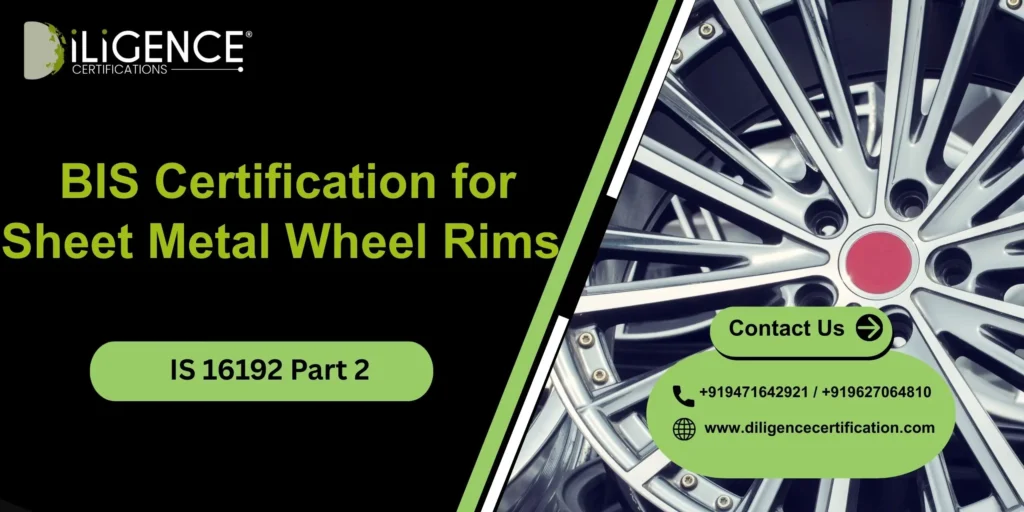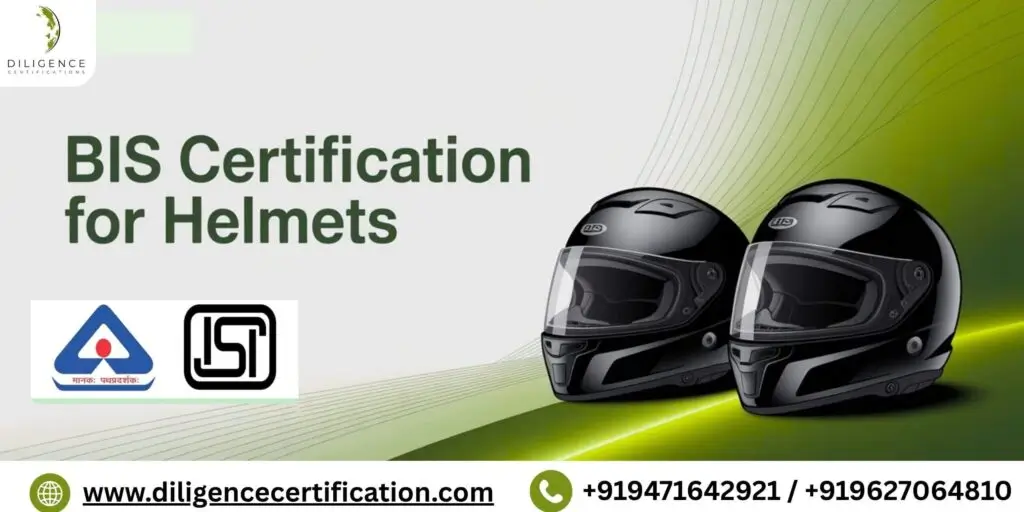- BIS certification for laptops, notebooks and tablets (per IS 13252 Part 1:2010) is compulsory in India; no manufacturer may sell or import without it.
- When the BIS Compulsory Registration Scheme (CRS) is met, applicants must test their product through a BIS-approved laboratory and authorize issuing a CRS Mark. The CRS Mark is valid for 2 years and reissuable. The applicant faces bans, confiscation, and penalties if the scheme is not followed.
- Classification of tests is the Manufacturer, Owner, Terminal Manufacturer, Authorized Indian Representative (AIR), etc.
- Its takes 4-8 weeks, depending on appropriate testing and required documentation, and the laboratory’s capacity to perform testing.
Introduction
IS 13252 (Part 1): 2010 is a key Indian Standard developed by Bureau of Indian Standards (BIS). Its its requirements for the safety of Information Technology (IT) equipment. Such safety requirements includes standard electronic devices including but not limited to laptops, notebooks and tablets. The purpose of this standardization is to ensure that equipment is requiring to pass rigorous electrical, mechanical and fire-safety requirements, which are designed to prevent shock from electrocution, over-temperature, energy spikes, and short circuit conditions.
Under India’s Compulsory Registration Scheme (CRS), both Indian and foreign manufacturers must receive Bureau of Indian Standards (BIS) certification for laptops, notebooks and tablets they want to sell in India. Devices that comply with IS 13252 (Part 1): 2010 demonstrate compliance with India’s quality and safety labels. This reflects the government’s attention to keeping consumers safe and securing the reliability of products in the market.
This report looks at electronic products, specifically laptops, notebooks and tablets, that have completed compliance testing and received certification to IS 13252 (Part 1): 2010. It provides an overview of the primary safety standards technical requirements and the benefits of compliance with the associated standards and the testing and certification process.
In the digital world in which we live today—where we use laptops, notebooks or tablets for work, education, and leisure—it is important to ensure that these devices are safe, function properly, and comply with applicable regulatory standards. The Bureau of Indian Standards (BIS) accomplishes this through IS 13252 (Part 1): 2010, which is a stringent safety standard for Information Technology (IT) equipment.
This Indian Standard requires comprehensive compliance testing that evaluates many aspects of electrical, mechanical, and fire safety, designed to protect the user from risks associated with electric shock, device overheating, and creating a short circuit within the device.
The Compulsory Registration Scheme (CRS) indicates that laptops, notebooks and tablets must have BIS certification in order to sell or bring into India.
Obtaining BIS CRS certification shows that computer product manufacturers or importers have complied with India’s minimum safety standards. It also builds consumer confidence, allowing manufacturers and sellers to compete in India’s expanding consumer technology market.
Why BIS CRS Certification Matters to Laptops, Notebooks and Tablets

BIS CRS certification for laptops, notebooks and tablets under IS 13252 (Part 1): 2010 has important implications for consumer safety, market entry, and consumer confidence in India’s emerging technology market. The BIS CRS certification is significant for the following reasons:
1. Consumer Safety
BIS certification ensures that laptops, tablets, and notebooks are built with adequate electrical and mechanical safety standards. The certification process involves subjecting the devices to a range of tests including those checking for:
- Overheating due to short circuits or component failure
- Potential Electric shock
- Short circuits and fire hazards
- Mechanical strength and insulation
By complying with IS 13252 (Part 1): 2010, manufacturers are demonstrating to the consumer that they take their responsibility to keep them safe from dangerous device failure that could injure or kill.
2. Regulatory Compliance
The Ministry of Electronics and Information Technology (MeitY) provides the Compulsory Registration Scheme (CRS). The CRS requires BIS certification for laptops, notebooks and tablets with critical implications for the marketplace.
Companies may not be able to import, sell, or distribute these products in India without it. All manufacturers or producers need to comply with the required standards under the CRS or risk having their products seized, fines, and being placed on the INDUCED blacklist.
If companies want to sell products in India, they must have the BIS CRS certification, or there is no solution.
3. Builds Strong Market Reputation
- When a product has the BIS CRS Mark it indicates that:
- Safety and performance have been validated
- It is valuable, reliable, and trustworthy
- It meets the quality standards required by the government
It builds customer trust – certified products gain further credence, valuable in an oversaturated marketplace. This is critical to fledgling businesses, or OEMs looking to grow and gain relevance.
When manufacturers in India obtain BIS certification, they generally can more readily comply with international standards, particularly with standards in countries in the Asia-Pacific, Middle East, and Africa regions. This helps make international compliance less complicated, eliminates unnecessary re-testing, and shortens the timeframe to get products exported.
4. Environmental Sustainability
The majority of laptops, notebooks and tablets with BIS certification also comply with RoHS directives. Those RoHS customer requirements may general guidelines for:
- Restricting toxic materials such as lead, mercury, and cadmium
- Reducing electronic waste
- Improving opportunity for reuse and recycling
Tests performed
In a modern world where consumers are increasingly considerate about their purchses and governments continue to rely upon regulatory commitments for more green legislative processes, electrician compliance helps connect companies to green technology compliance efforts. This direct partnership helps businesses to manage their product supplies for future purposes.
The Indian Standard IS 13252 (Part 1): 2010, produced by Bureau of Indian Standards segments on safety for IT devices such as laptops, notebooks and tablets, and similar devices and is aligned with the accepted IEC 60950-1, the standard became another cutoff used as a reliable safety and compulsory compliance reference for manufacturers in India as well as internationally to assure compliance to both countries local specifications and international standards.
IS 13252 (Part 1): 2010 was made to ensure electronic equipment is meeting specific safety requirements. The IS 13252 (Part 1): 2010 focuses on electronic equipment that is:
- Free of electrical hazards;
- Strong or robust;
- Heat-stable; and
- Fire-safe.
By observing these safety criteria, manufacturers are helping to reduce the risk of incidents related to electric shock, electric current leakage, overheating, short circuiting, and fire; and therefore, protecting the user and being socially responsible.
To attain a BIS CRS certification for laptops notebooks and tablets a manufacturer is required to submit them to a series of safety and performance tests. The tests are conducted in BIS-accredited laboratories, to demonstrate that their products comply with the required stringent requirements of IS 13252 (Part 1): 2010. The safety and performance tests establish whether the product is safe, reliable, and suitable for the Indian end-user.
Below are the key types of tests performed as part of the certification process:
1. Electrical Safety Tests
2. Mechanical Strength Tests
3. Thermal Testing
4. Load and Power Supply Testing
5. Environmental Testing
6. Electromagnetic Compatibility (EMC) Testing
BIS Registration Steps for Laptop, Notebook and Tablet

Manufacturers, whether from India or abroad, must secure BIS CRS certification for laptops, notebooks and tablets to sell these products in India. This certification confirms that the devices meet the IS 13252 (Part 1): 2010 safety guidelines and are eligible to display the Standard Mark under the Compulsory Registration Scheme (CRS).
While the registration procedure differs between Indian and international manufacturers, the overall structure stays the same.
How to Get BIS Certification for Foreign Manufacturers
Foreign companies need to follow BIS rules by partnering with a local Indian Representative (AIR). This representative should have a registered office or business set up in India.
1. Choose an Authorized Indian Representative (AIR)
The foreign company needs to assign an Authorized Indian Representative (AIR) to communicate with BIS.
The AIR must run a lawful business within India.
2. Register on the Online Portal and Submit the Application
The AIR has to use the BIS registration portal to send in the application online.
- The manufacturer shares details about the product specifications and factory-related information.
3. Product Sample Testing
- Samples of the product, whether a laptop, notebook, or tablet, go to a lab that BIS approves.
- The testing follows the guidelines of IS 13252 (Part 1): 2010 to check if it meets safety standards for electrical, mechanical, and thermal risks.
4. Submit Final Application with Test Reports
- The full application gets submitted to BIS. It must include test outcomes technical documents, a business license, and the AIR agreement. Businesses can send this either online or in person.
5. Issuance of BIS License
- After confirming everything, BIS gives a registration number.
- This allows the product to display the CRS Mark (Standard Mark) and be sold across India.
BIS Registration Steps for Indian Manufacturers
The BIS process to register products made in India is easier since the manufacturers are under Indian law.
Step-by-Step Guide:
1. Submit an Application Online on the BIS Portal
- The manufacturer needs to access the BIS CRS portal and set up an account.
- Provide the application form along with factory information and product details.
2. Sample Testing in BIS-Approved Labs
- The manufacturer sends product samples to a lab certified by BIS for testing.
- The laboratory performs the required tests as per IS 13252 (Part 1): 2010 and gives a test report.
3. Finalizing the Application Process
- Submit the test reports, factory license, company papers, and any required documents.
- Complete the payment for application and processing fees through the online system.
4. Granting of License and Standard Mark
- BIS issues the license if the review goes well.
Documents Required
The product with certification can now use the CRS mark showing that it is safe and meets legal rules for buyers in India.
Documents Needed to Get BIS Certification for Laptops, Notebooks and Tablets
To get BIS CRS certification for laptops, including notebooks and tablets, under the Indian standard IS 13252 (Part 1): 2010, companies need to file a proper application. This paperwork allows the Bureau of Indian Standards to check the safety technical aspects, and legal compliance of the device.
Below is a detailed list of the required documents to register laptops and IT gadgets with BIS:
General Documents (Required for All Applicants)
- Filled CDF/CCL Forms (Construction Data Form or Critical Component List) – These forms provide details about the device’s parts.
- Completed BIS Application Form – It contains details about the product and its maker.
- Business License (Original + English Translation) Shows proof that the manufacturer is registered.
- Scope of Business License (Original + English Translation) Explains what business activities the manufacturer is approved to perform.
- ISO Certificate of the Manufacturing Unit Confirms the manufacturer complies with quality management rules.
- Product Label / Marking Details Offers an example or design of the CRS mark and the way it will look on the product.
Extra Papers Needed From Foreign Manufacturers
Foreign manufacturers must submit these additional papers:
- Authorization Letter This is needed when a person other than the production head signs documents.
- Trademark Certificate This confirms the right to own or use the brand name of the product.
- Authorized Indian Representative (AIR) Papers
- Proof of Registration of the Indian Representative like GST or ROC certificate.
- A photo identity document of the AIR such as an Aadhaar, Passport, or Voter ID.
Essential Technical Documents
These documents must be included to test and evaluate products as per IS 13252 (Part 1): 2010:
- User Manual or Technical Specification Sheet
- Test Reports from BIS-Recognized Laboratories
Conclusion
Getting BIS CRS certification for laptops, notebooks and tablets as per IS 13252 (Part 1): 2010 is more than just following the law. This certification:
- Proves the safety and dependability of the product
- Boosts consumer confidence by ensuring quality
- Lets businesses sell in India
- Creates pathways for global compliance and export possibilities
Indian electronics companies require BIS certification for IT equipment to succeed. This rule applies to local and international manufacturers.
Looking for BIS Registration consultants ?
Understanding the BIS certification process is often tricky. Changing rules and paperwork can make it harder. Diligence Certifications helps guide you through it.
With solid experience in BIS compliance and CRS certification, Diligence Certifications offers full support. They handle everything from paperwork and lab tests to portal submissions and communication with BIS officials.
Frequently Asked Questions
Why do laptops need BIS certification and what is it?
Laptops in India need BIS certification under the Compulsory Registration Scheme (CRS). This certification verifies they meet safety rules in IS 13252 (Part 1): 2010 to keep users safe from electrical shocks, overheating, or physical damage.
Do I need BIS CRS certification to import tablets into India?
Yes, importing tablets into India requires BIS CRS certification. Without this, customs will not clear the shipment, and selling these tablets in India would not be allowed.
Which Indian Standard is used to certify laptops and tablets under BIS?
The standard in use is IS 13252 (Part 1): 2010, which defines safety and technical rules for IT devices like tablets, laptops, and notebooks
Who is required to get BIS registration for laptops?
Both local manufacturers and overseas manufacturers (via an Indian representative) need BIS certification to sell laptops in India.
How much time does it take to get BIS certification for notebooks and tablets?
BIS CRS certification takes about 30–45 business days for foreign manufacturers. For Indian manufacturers, it takes 20–30 business days, but this depends on the readiness of documents and testing.
What does an Authorized Indian Representative (AIR) do in BIS CRS certification?
Foreign manufacturers rely on an Authorized Indian Representative (AIR) to be their point of communication with BIS. The AIR handles application submissions, manages testing processes, and represents the foreign brand while coordinating with BIS.
Can I start using the BIS Standard Mark right after applying?
No. The CRS Standard Mark can be used after you get the official license from BIS. Using the mark without a license is illegal and can lead to penalties under Indian law.
How does Diligence Certification help to get BIS certification for laptops?
Diligence Certification offers consultancy services to obtain BIS CRS certification. They help with everything like filing applications, preparing paperwork, coordinating testing, and communicating with BIS. Their assistance makes it easier to get approvals for laptops, tablets, and notebooks.

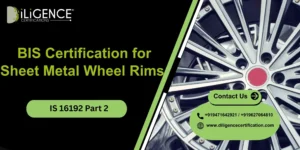

 BIS Certification
BIS Certification
 CDSCO
CDSCO
 CPCB
CPCB
 LMPC
LMPC
 WPC Approval
WPC Approval
 Global Approvals
Global Approvals
 TEC
TEC
 ARAI
ARAI
 BEE
BEE
 ISO Certification
ISO Certification
 Drone Registration
Drone Registration
 NOC For Steel
NOC For Steel



















 Business Registration
Business Registration














 Legal Services
Legal Services
 Trademark Registration
Trademark Registration
 Copyright Registration
Copyright Registration
 Patent Registration
Patent Registration
